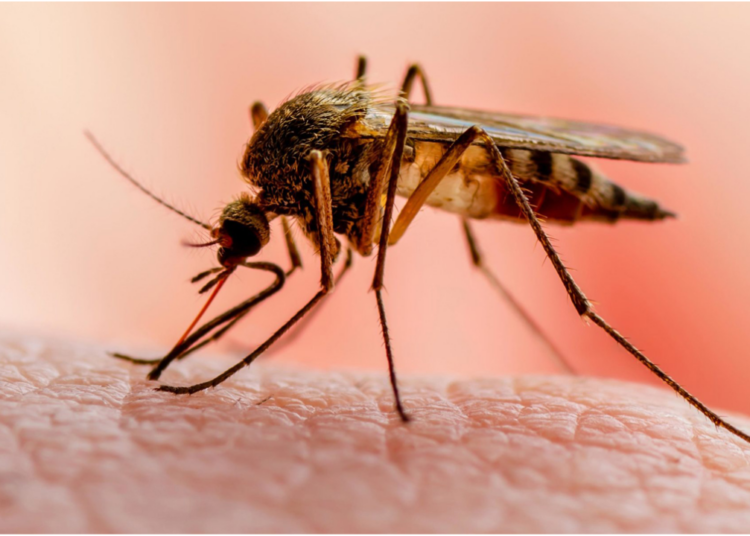Coordinating minister of health and social welfare, Prof. Ali Pate, has said that Nigeria loses over $1.1billion annually to malaria, describing the disease as not just a health crisis, but also an economic and developmental emergency that must be eliminated.
The minister, who stated this at the inaugural meeting of the Advisory on Malaria Elimination in Nigeria ( AMEN), in Abuja, expressed the federal government’s commitment to eliminate malaria.
“The annual loss to Nigeria’s GDP from malaria exceeds $1.1billion, a stark reminder of the economic imperative of elimination.”
“Malaria continues to exert an unacceptable toll on Nigeria. With 27 percent of global malaria cases and 31 percent of global malaria deaths, our country bears the heaviest burden of this disease. In 2022, over 180,000 Nigerian children under the age of five lost their lives to malaria- a tragedy we have the tools to prevent”, he said.
While acknowledging the urgency of the task as reflected in the National Malaria Strategic Plan 2021-2025 to amongst others reduce malaria prevalence to below 10 percent, halve malaria- related mortality by 50 deaths per 1,000 live births; the minister highlighted the importance of traditional and religious leaders to drive grassroots support and influence behaviour change.
This advocacy approach, he emphasized, will complement AMEN, in promoting use of insecticide- treated nets, chemoprevention and vaccines.
Speaking earlier, the minister of state for health and social welfare, Dr. Iziaq Salako, affirmed the advisory body as a group of experts who will provide evidence-based advice to help the country reduce its unacceptable malaria burden and set it on a realistic path to a malaria-free Nigeria.
“For us to succeed, private sector, international partners, healthcare workers and, the communities we serve must be harnessed and coordinated”, Dr. Salako added.





